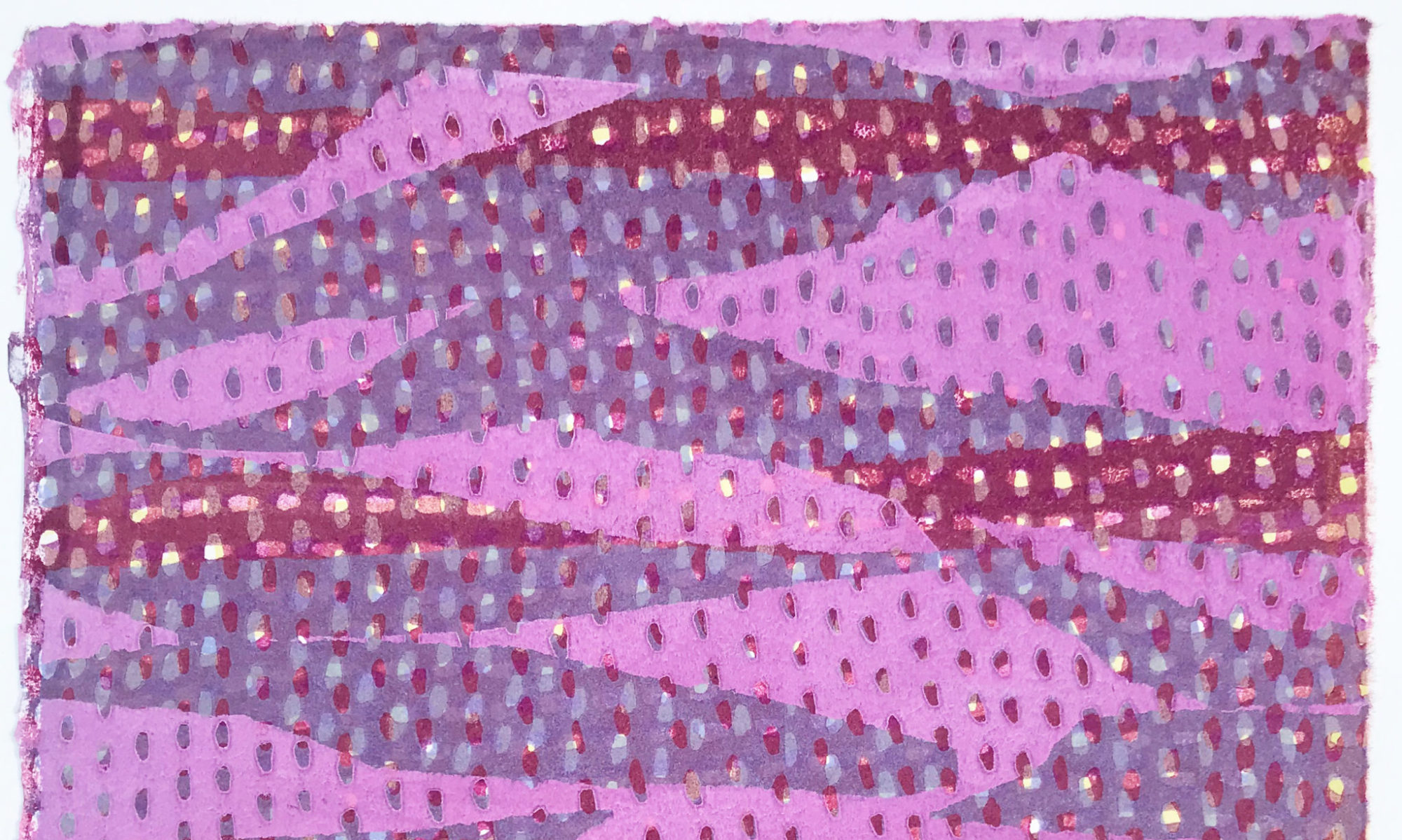Bing and Ruth, Dorsal
(4AD, 2017)
Led by Brooklyn-based pianist David Moore, Bing & Ruth is an instrumental ensemble making mesmerizing music that combines elements of ambient and classical minimalism.
The group has been at it for years, releasing its first album (as far as I can tell), City Lake, in 2010. It’s only been a couple of months, however, since I’ve come across their music. I’m lucky I did.
There is a lot of instrumental music out there these days, and it can be difficult for artists, even very talented ones, to make a distinct impression in such an environment. But Bing & Ruth does just that — with the strength of its writing, the sophistication of its arrangments and recording, and the depth and beauty of its work overall.
“Dorsal,” the title track from this 2017 release, opens with ambient textures and delicate piano chords, setting the mood for what could be a wide-pan scene of an expanse of land at dusk. With a subtle balance of refined piano and eerie ambient sounds surrounding it, the music leaves you wondering how the scene might unfold. Is this the solitary, reflective aftermath of a breakup — or worse, maybe the moment after a murder, when the gravity of what’s taken place is just starting to hit?
With the name “Dorsal,” the piece at least implies an end of some kind — someone is walking away, or has turned their back; something is ending. At about the halfway point, the piano gets faster and more insistent, while the ambient sounds grow darker and more foreboding. Around the 4:37 mark, an exquisitely sculpted note of what sounds like guitar feedback cuts across the piece in a descending arc. Then the mood returns to the murky curiosity of the opening: an eerie beauty, fragile and uncertain.
“Torche (ii)” is the most classically oriented of the three tracks on Dorsal, with slow, low-register chords resonating through a progression that moves between consonance and dissonance. The feeling is impressionistic; chords float and expand through time. Rhythmically and structurally, “Torche (ii)” doesn’t sound complex — but neither does it sound simple. Instead, it carries just enough mystery to keep the ear engaged, waiting for the next chord, not quite sure what it will sound like or precisely when it will come.
“Weightout” opens with light, fluttering piano and moves through layers of floating tones that glide in and out, above and below the piano melody. There are sliding notes, hints of drone, subtle waves of feedback — but most of all, a balance between the clear instrumental presence of the piano and the murkier ambient sounds whose origins can’t always be discerned.
Bing & Ruth writes music that I like to call compositional ambient — where ambient sounds are put to use in service of a compositional vision that encompasses but also extends beyond pure ambient music. It’s a space where beautiful, moving sounds can happen — and, with Bing & Ruth, they do.
The Spot on the Hill blog is about discovery and exploration — discovering new music and exploring the origins and key elements of music I already love. In Now Listening, I explore music that has captured my imagination, both past and present.
